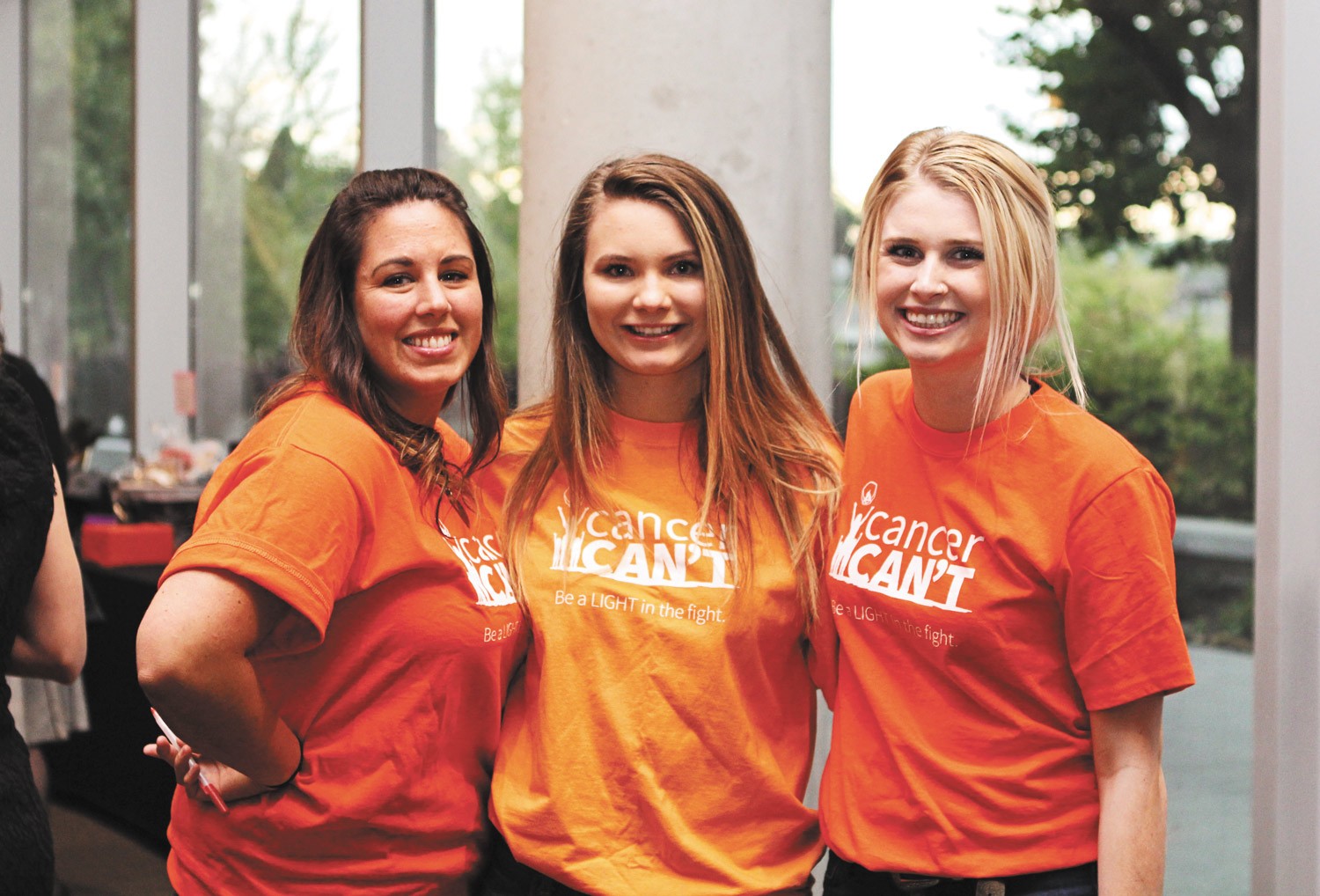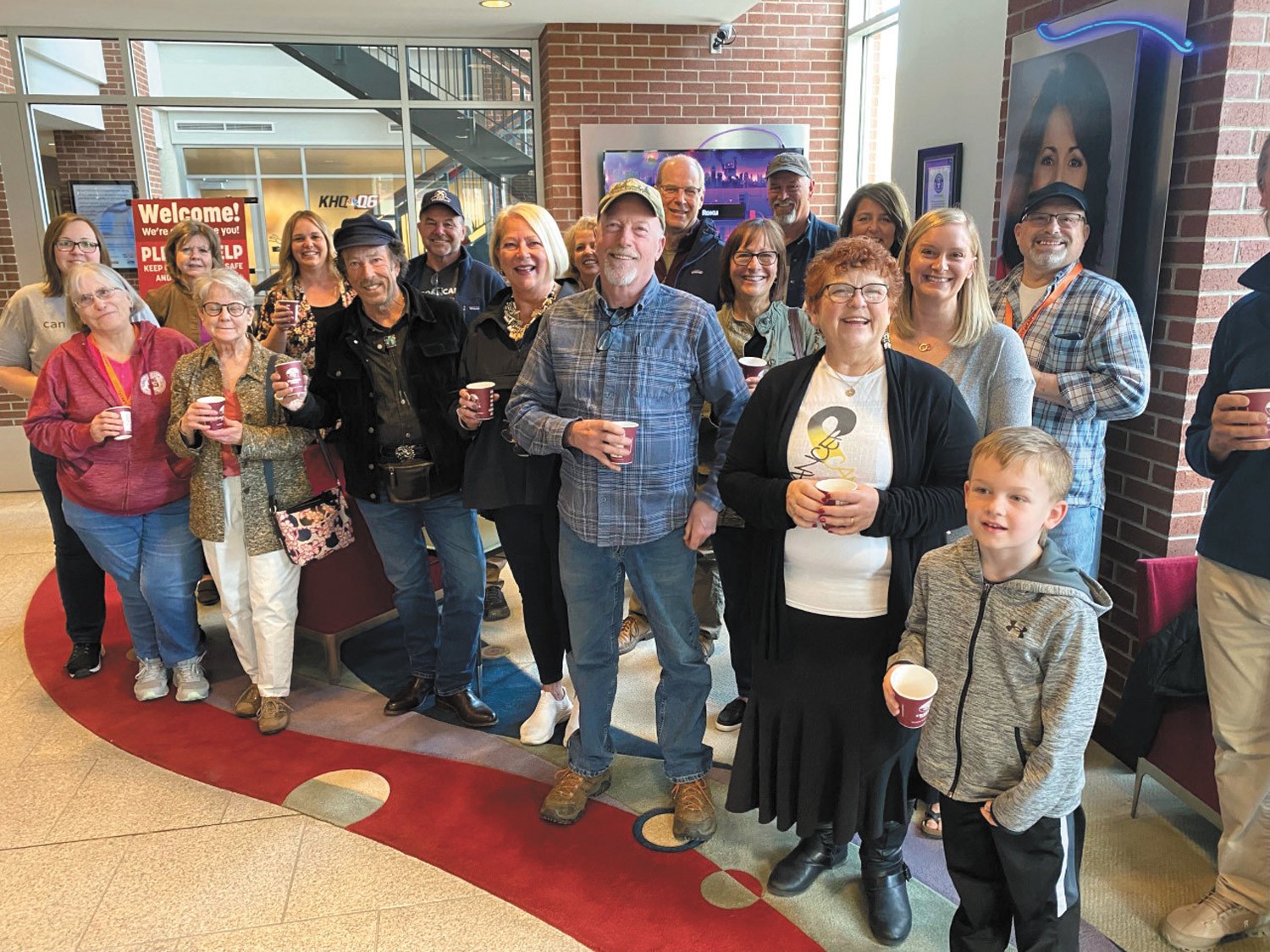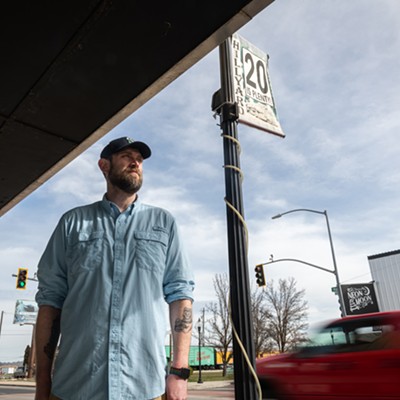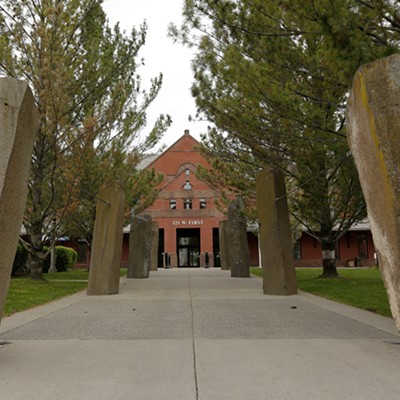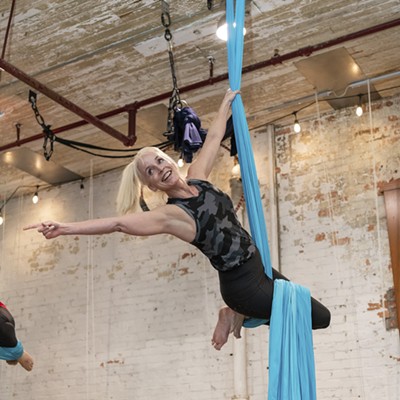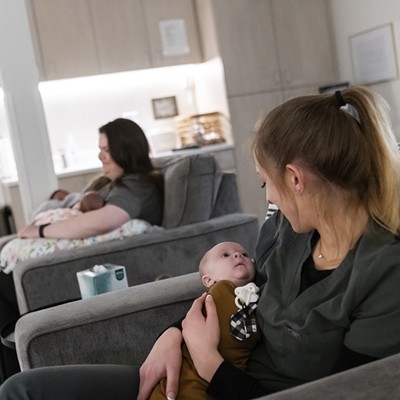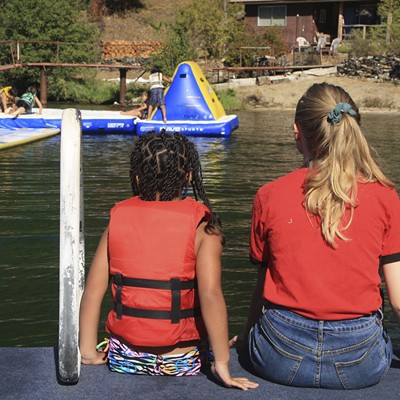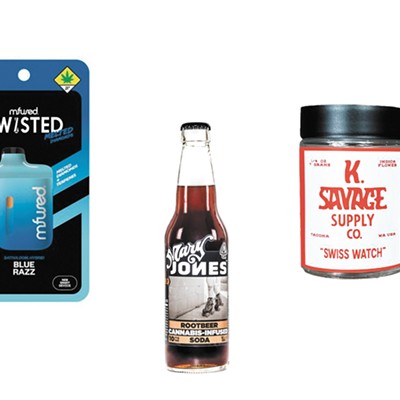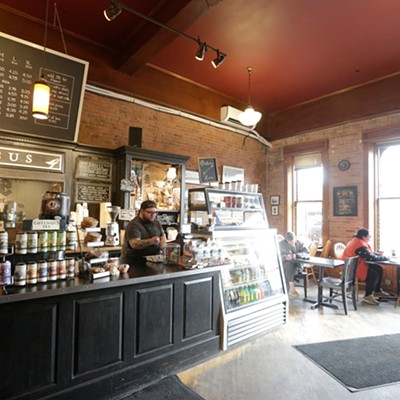When Jonathan Van Keulen was diagnosed with a form of bone cancer called osteosarcoma in 2014, he saw an opportunity to help meet the important practical needs of adult cancer patients in the Inland Northwest.
Before his death in 2016, he and his wife, Becky, formed the nonprofit Cancer Can't, which provides transportation, financial support and other help to cancer patients across the region.
While much of the organization's work is centered in the Spokane area, Cancer Can't assists patients as far east as Montana through its lodging and grant programs, says Emily Grankowski, the nonprofit's director of outreach.
Transportation is the organization's biggest program, with volunteers driving upward of 500 patients a month to and from their appointments across Spokane and north Idaho.
"These are patients that can't drive themselves because of the doctor's orders, they may just not be feeling well enough, or they may not have family in town," Grankowski says.
With such a large number of individuals to transport, she says Cancer Can't is always looking for more volunteers.
To drive for its transportation program, volunteers must go through a background check and have both a car and a clean driving record. Drivers use an app to sign up for rides and can commit to as many as they want.
"It's a really great volunteer program because you don't have to have a set schedule," Grankowski says. "You might volunteer one time one month, and then maybe the following month you can do it once a week — and it could be a different day, a different patient, a different time."
Cancer Can't also will pay for hotel rooms for patients staying in the region for treatment, and it's the only regional nonprofit that also pays for rooms for family members or caregivers who want to visit with patients.
If a patient needs financial assistance for things like medical bills, day care or medication, Cancer Can't offers a grant program that distributes about $40,000 a year to a multitude of individuals.
Each year, Cancer Can't throws an auction to raise funds for all of its programs. Its next one will be on Sept. 16 at the Spokane Convention Center, and Grankowski says the organization is always happy to receive silent auction items and sponsorships.
"We're a small nonprofit in Spokane, but we're doing so many great things in the community that really no one else is doing," Grankowski says.
Pick up the Inlander's Give Guide, on stands Aug. 24, to find more ways to give.
MORE TO CHECK OUT
LONG TERM CARE OMBUDSMAN
3102 W. Whistalks Way
Everyone deserves to have their rights protected, and the Long Term Care Ombudsman works with SNAP in Spokane to visit those living in long term care facilities and ensure they're treated justly and with care. After completing a four day training, ombudsmen spend four hours a week visiting residents at designated facilities, listening to their complaints and advocating for solutions on their behalf. With over 7,000 residents living in 387 long term care facilities across the state, the program has a high demand for volunteers to continue ensuring the wellbeing of long term care residents.
Apply to volunteer online at snapwa.org/long-term-care-ombudsman.
SPOKANE COUNTY JUVENILE COURTS
902 N. Adams Street
In legal cases, sometimes the needs of children can get lost between other parental disputes, an issue that the Court Appointed Special Advocates (CASA) program aims to relieve. CASA's are neutral parties presenting unbiased information and recommendations to the court to advocate on behalf of the child they're representing. CASA volunteers must be over 21 and complete 30 hours of training to be considered for the program, where they then work with a staff supervisor and meet weekly with the child they're representing. "[These kids] just need a voice," says program director Mandy Cripps. "They need somebody to represent what's in their best interest."
To volunteer, complete an application at spokanecounty.org.
WASHINGTON STATE ARCHIVES
Sometimes volunteer opportunities don't line up with daily schedules or aren't easily accessible to some, but the Washington state Office of the Secretary of State is looking for volunteers to work remotely. The state archives hold troves of records including marriage, birth and family history records, many of which need to be transcribed and indexed to make it easier for researchers and genealogists to access them. To volunteer as a scribe for the Historical Records Project, all you need is a computer and some free time to read through historic documents at your own pace. (SUMMER SANDSTROM)
Sign up to volunteer at sos.wa.gov/archives/hrp.

